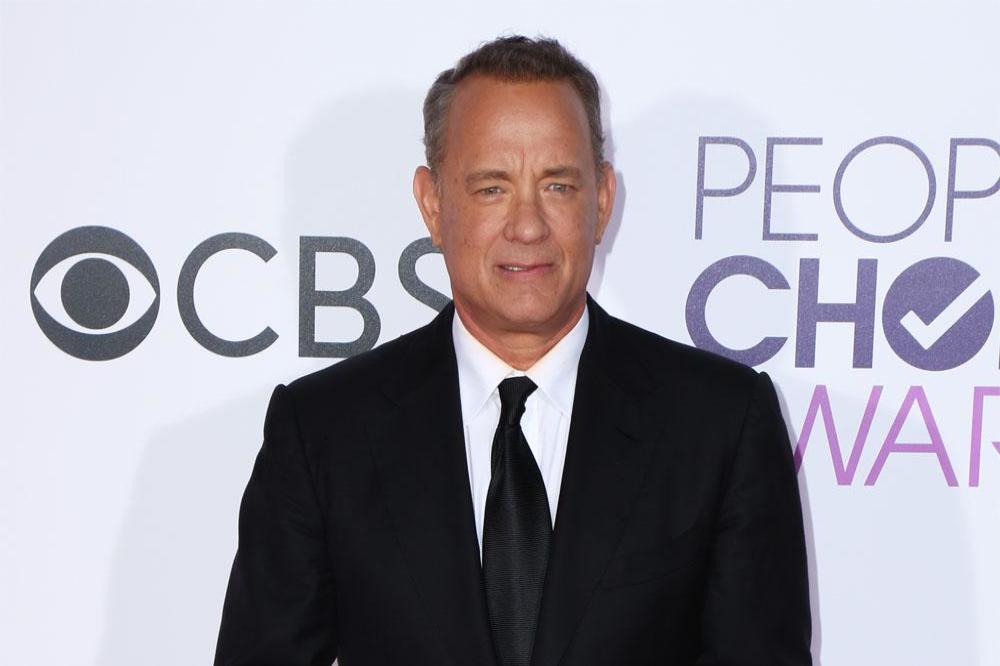Tom Hanks wouldn't want 'The Post' to be screened for President Donald Trump.

Tom Hanks
The Oscar-winning actor portrays famed editor Ben Bradlee in Steven Spielberg's new movie about the Washington Post defying threats from then-President Richard Nixon to publish the Pentagon Papers stories in 1971, and admitted he would turn down an invitation to the White House because of the US leader's attacks on the free press and parallels between the world now and what is documented in the film.
Asked if he'd accept an offer from Trump to screen the movie for him, he said: "That's an interesting question. I don't think I would.
"Because I think that at some point -- look, I didn't think things were going to be this way last November.
"I would not have been able to imagine that we would be living in a country where neo-Nazis are doing torchlight parades in Charlottesville and jokes about Pocahontas are being made in front of the Navajo code talkers.
"And individually we have to decide when we take to the ramparts. You don't take to the ramparts necessarily right away, but you do have to start weighing things.
"You may think: 'You know what? I think now is the time.' This is the moment where, in some ways, our personal choices are going to have to reflect our opinions. We have to start voting, actually, before the election. So, I would probably vote not to go."
And the 61-year-old actor - who is joined in the movie by Meryl Streep - admitted one of the reasons why he was attracted to the project was the similarities between then and now.
He told The Hollywood Reporter: "I said: 'Well, look, this is ridiculously timely, and the even better part of it is: this is the story of the week that [Washington Post publisher] Katharine Graham became Katharine Graham.'
"It had a very human element to it. I felt immediately that this was not just going to be a museum piece, but it was going to get into very, very human details of essentially these two people -- Graham and Ben Bradlee.
"He had a love for the woman, because he had this great empathy for what she had been through. He had great respect for the class that she demonstrated through her entire life. But [he also] had a very strict determination of what a newspaper's job was. Ben knew the role of the Fourth Estate in society.
"So, all that stuff put together, I thought, was a pretty prescient story. It had an awful lot of parallels to 2017."
Tagged in Donald Trump Tom Hanks Stephen Spielberg

